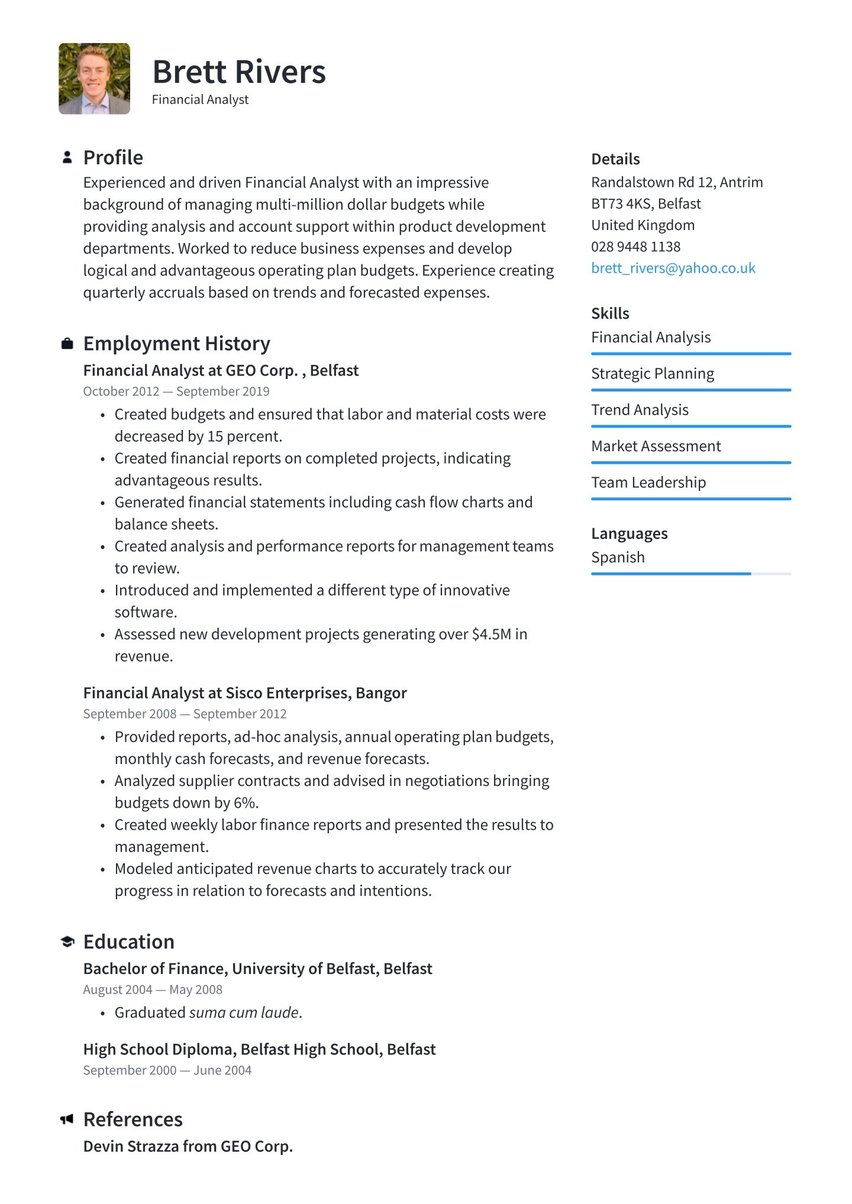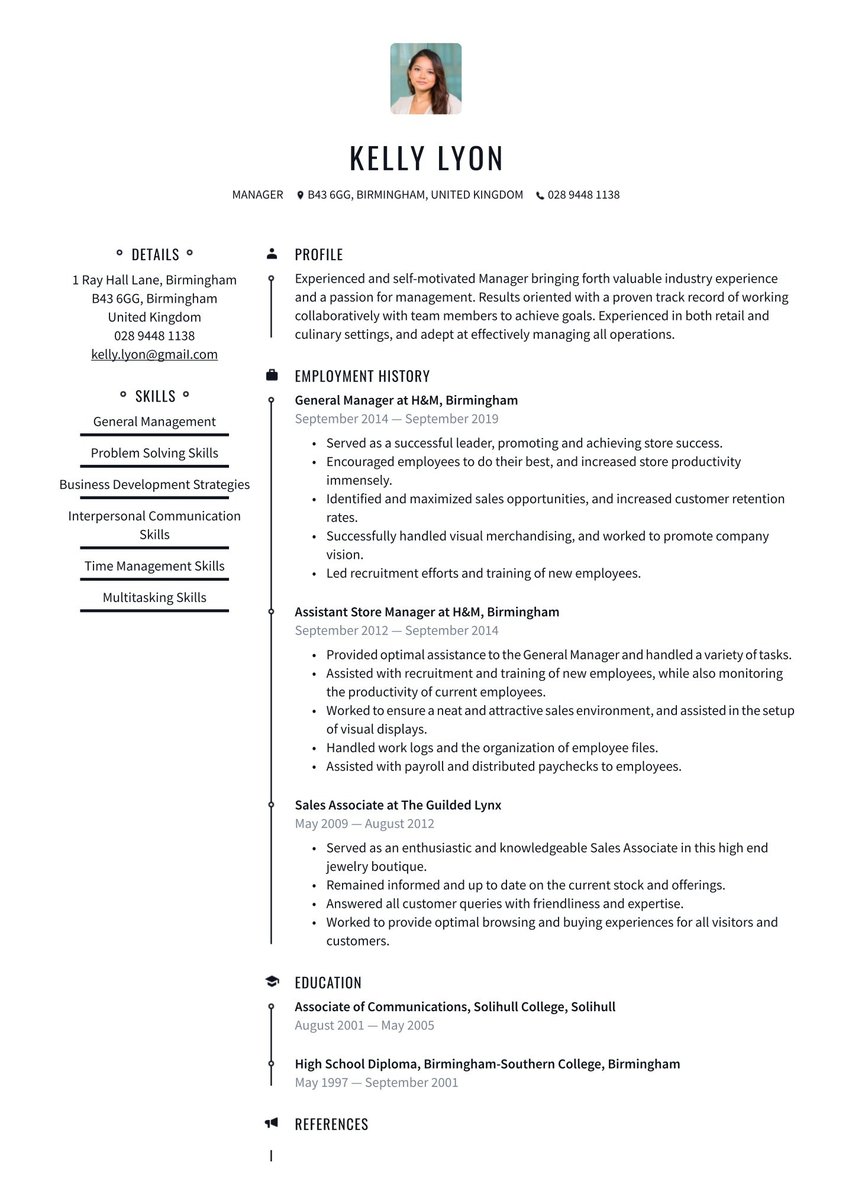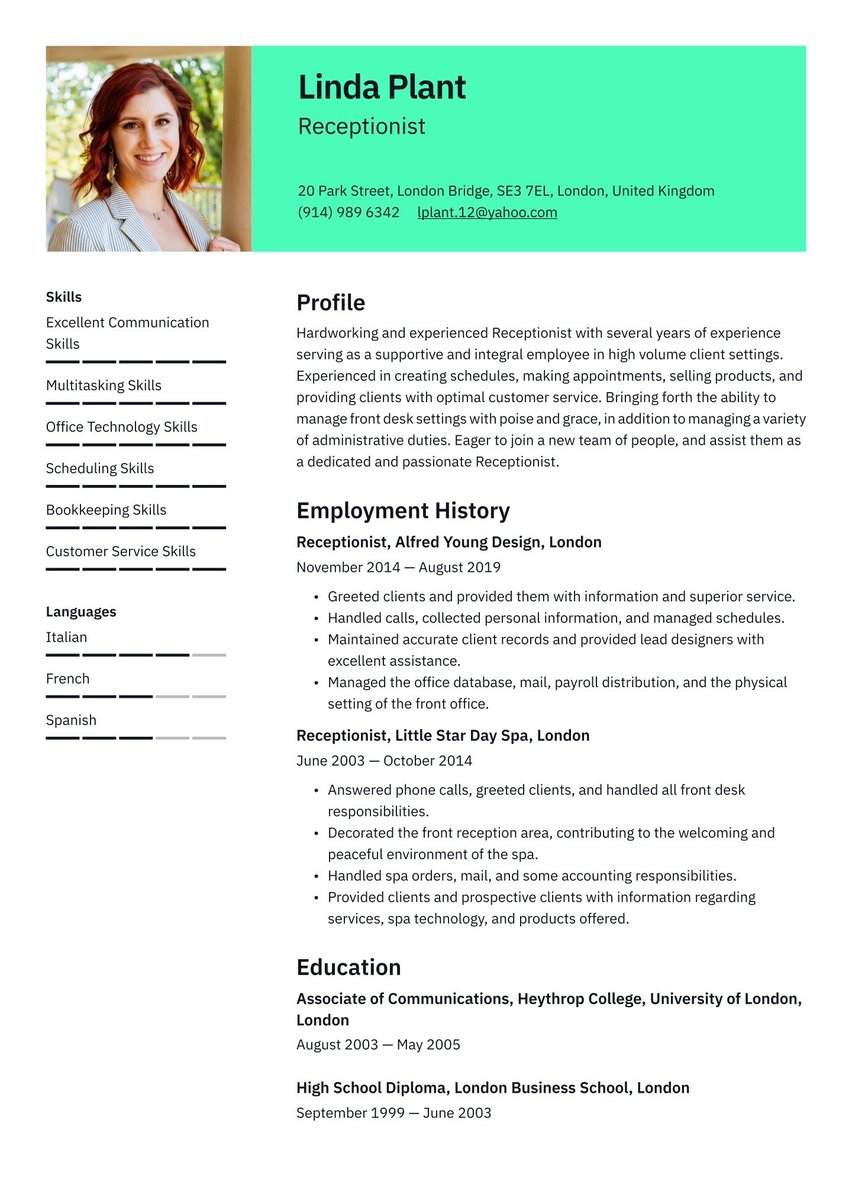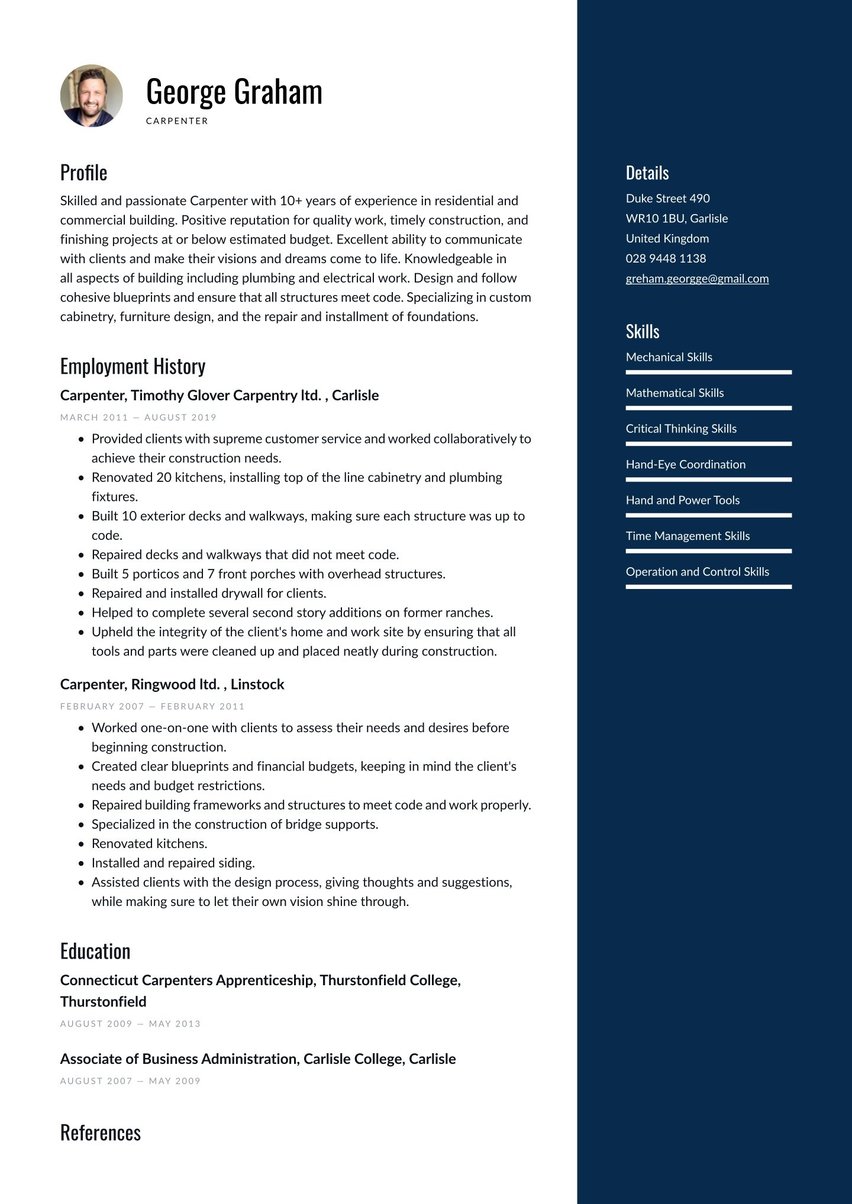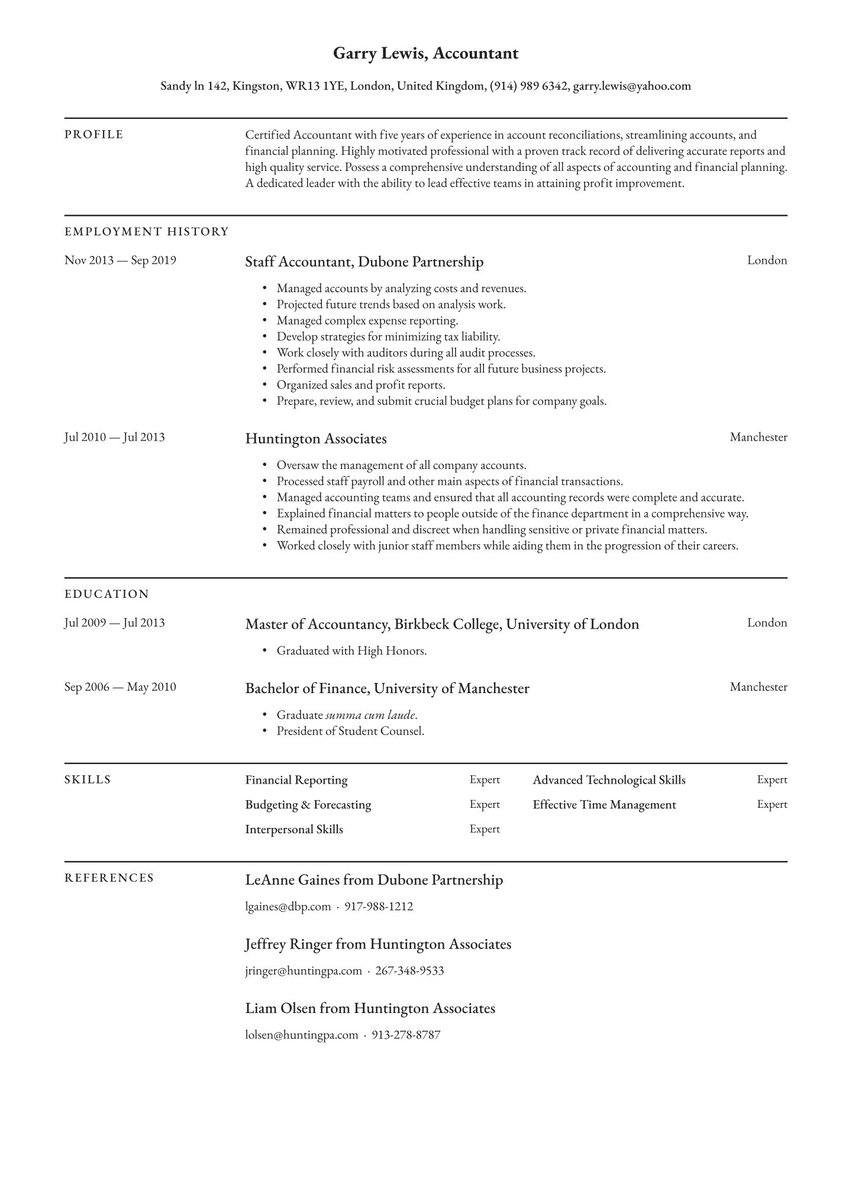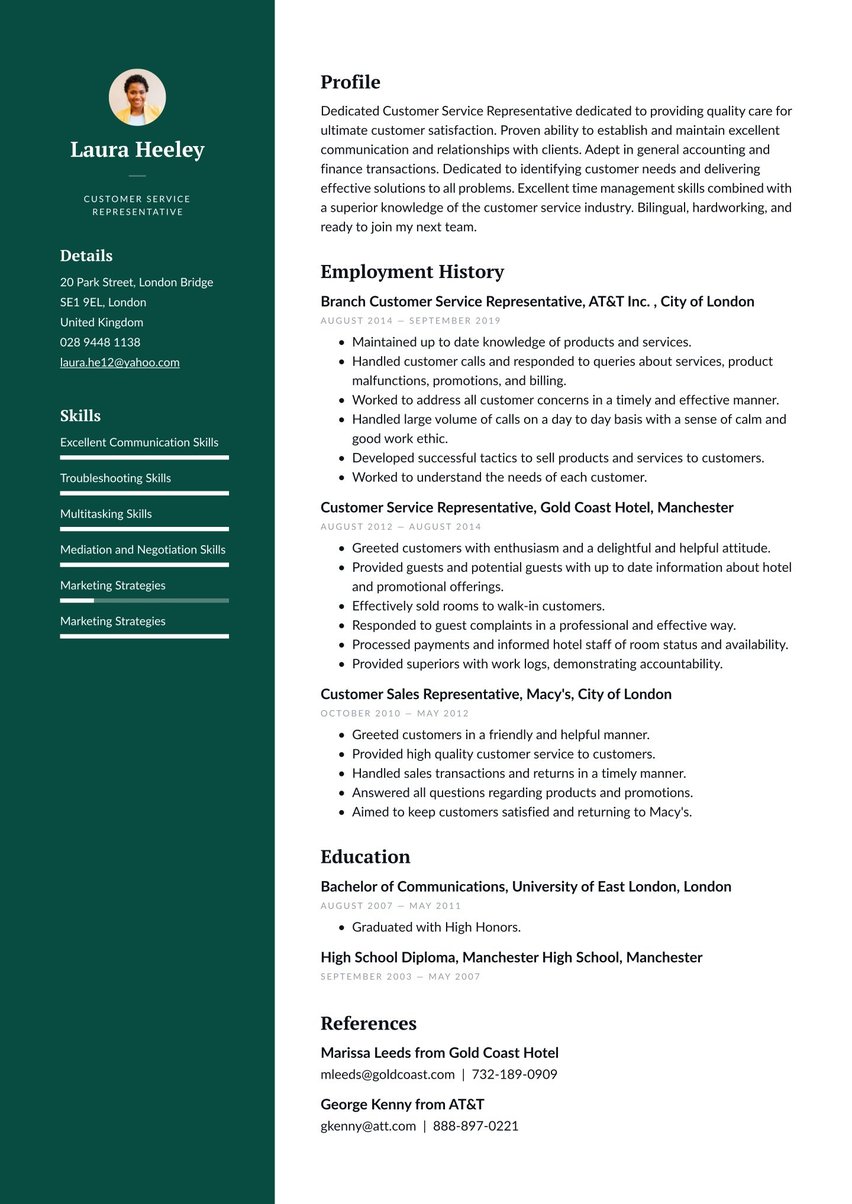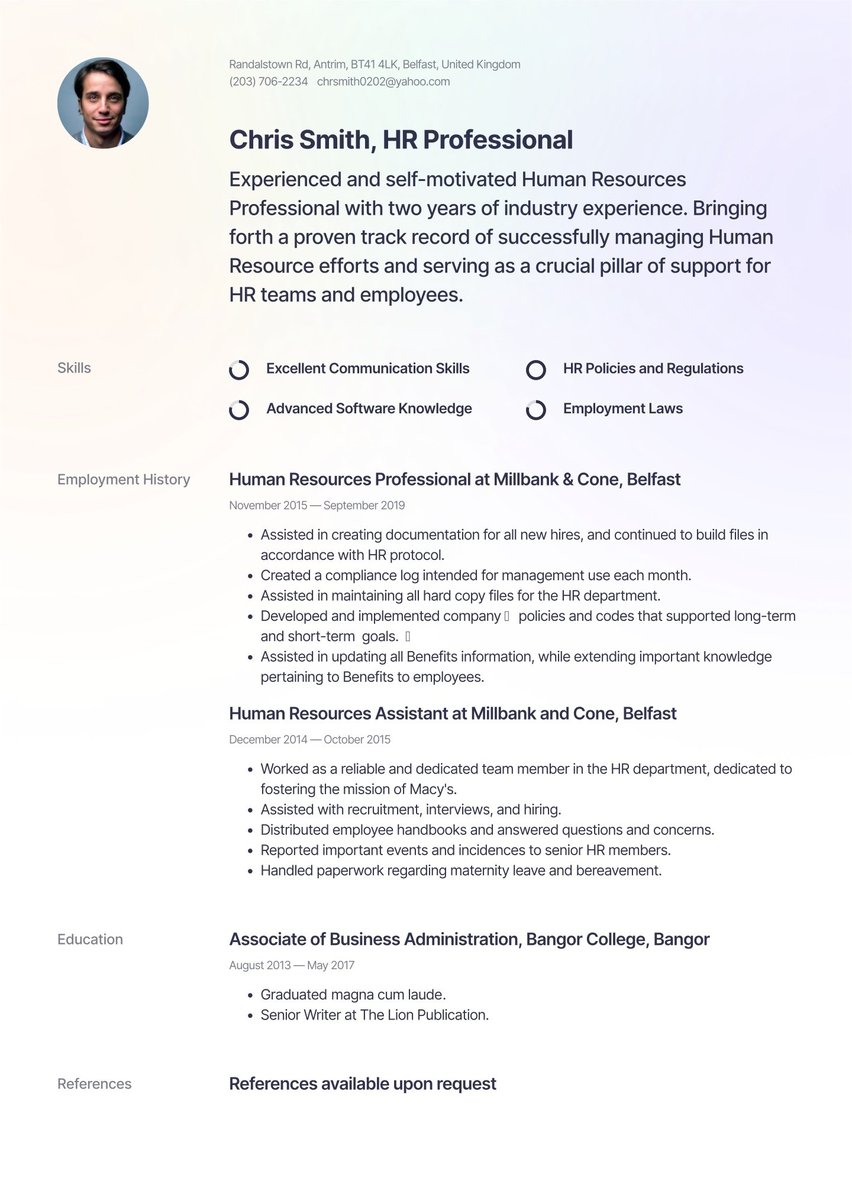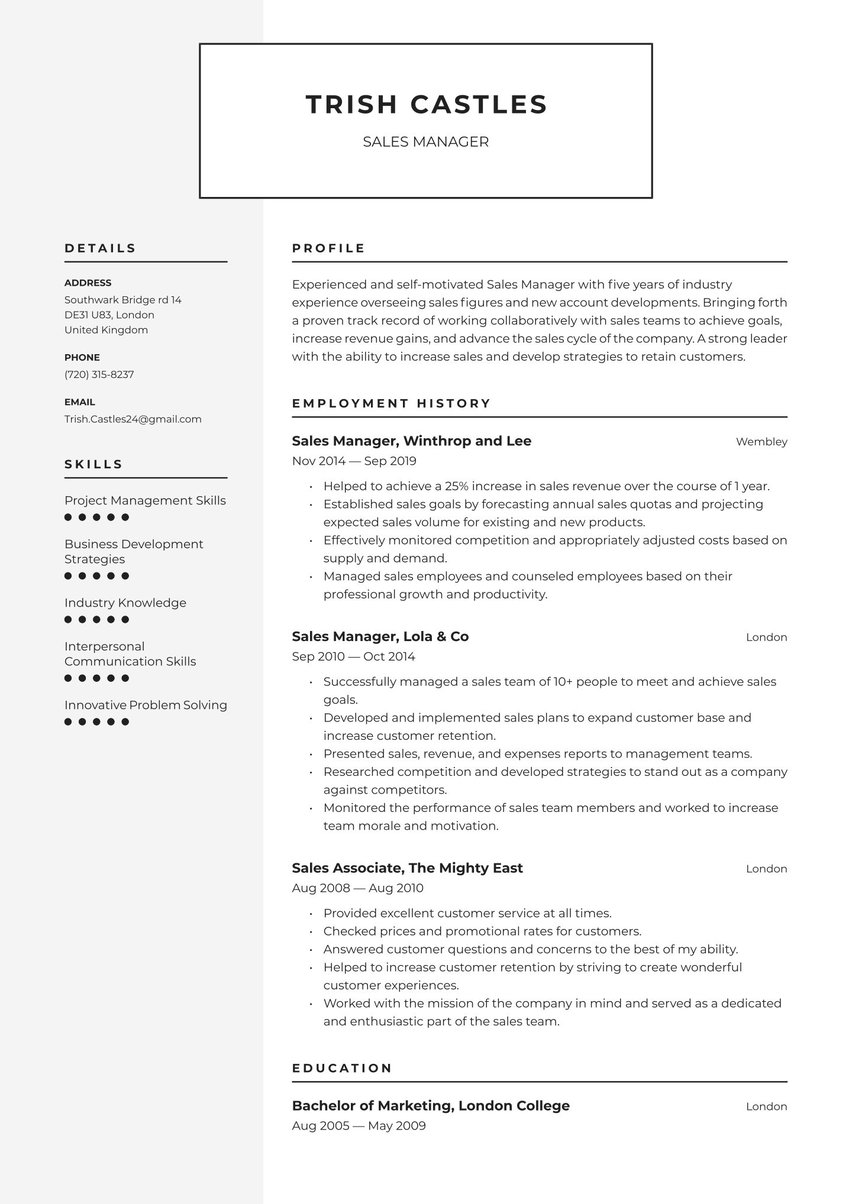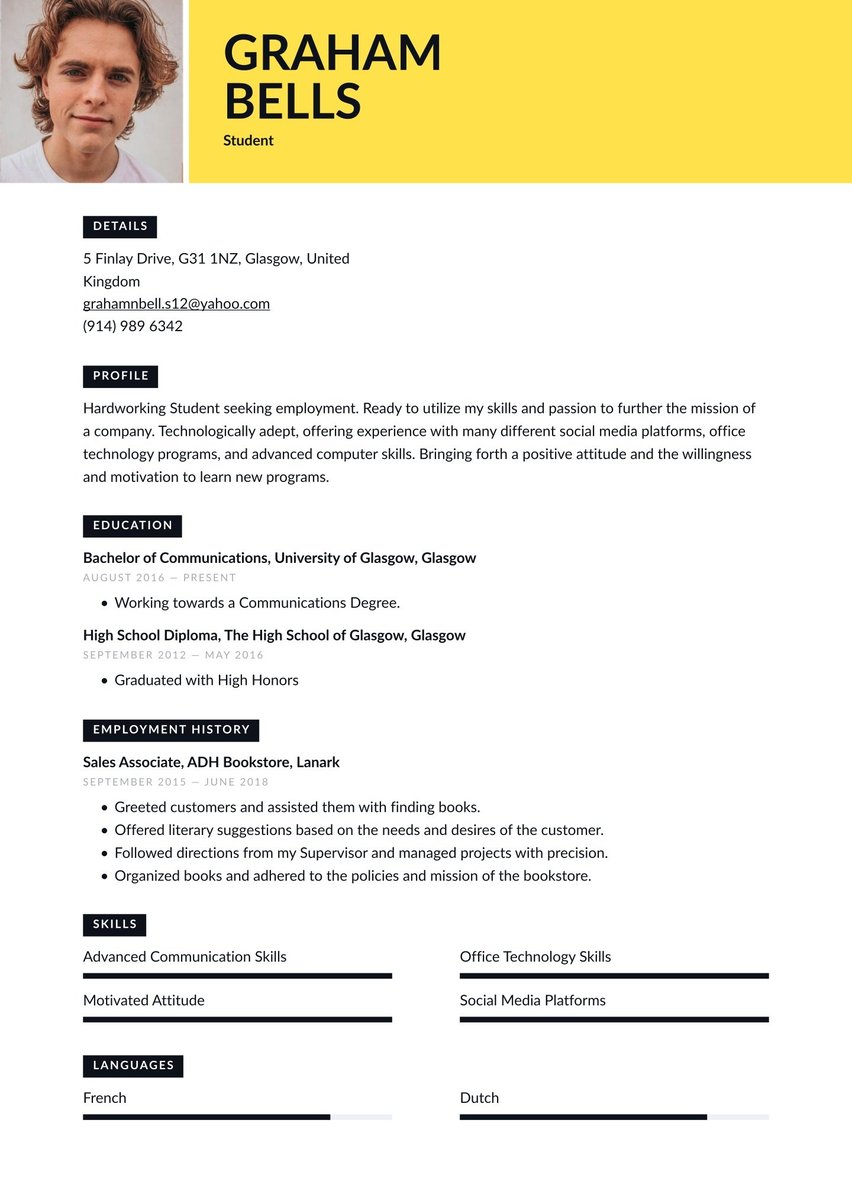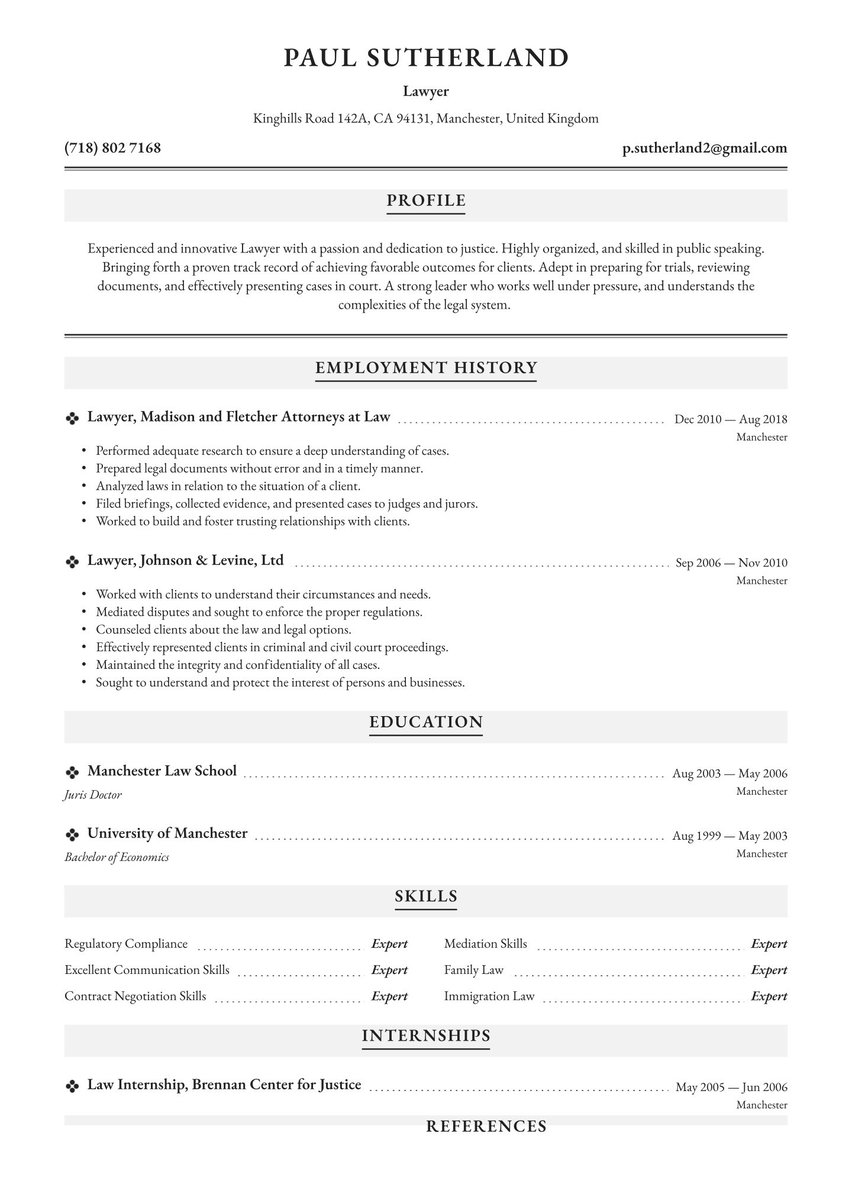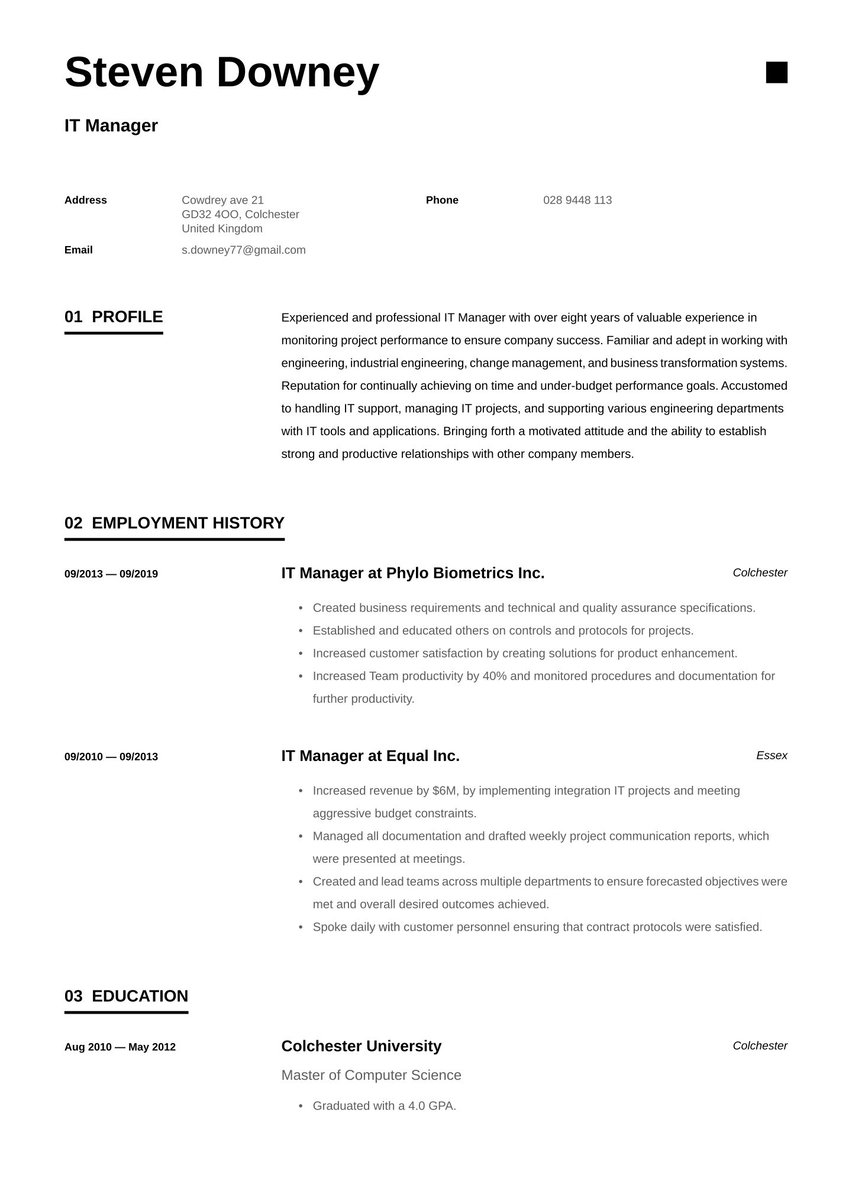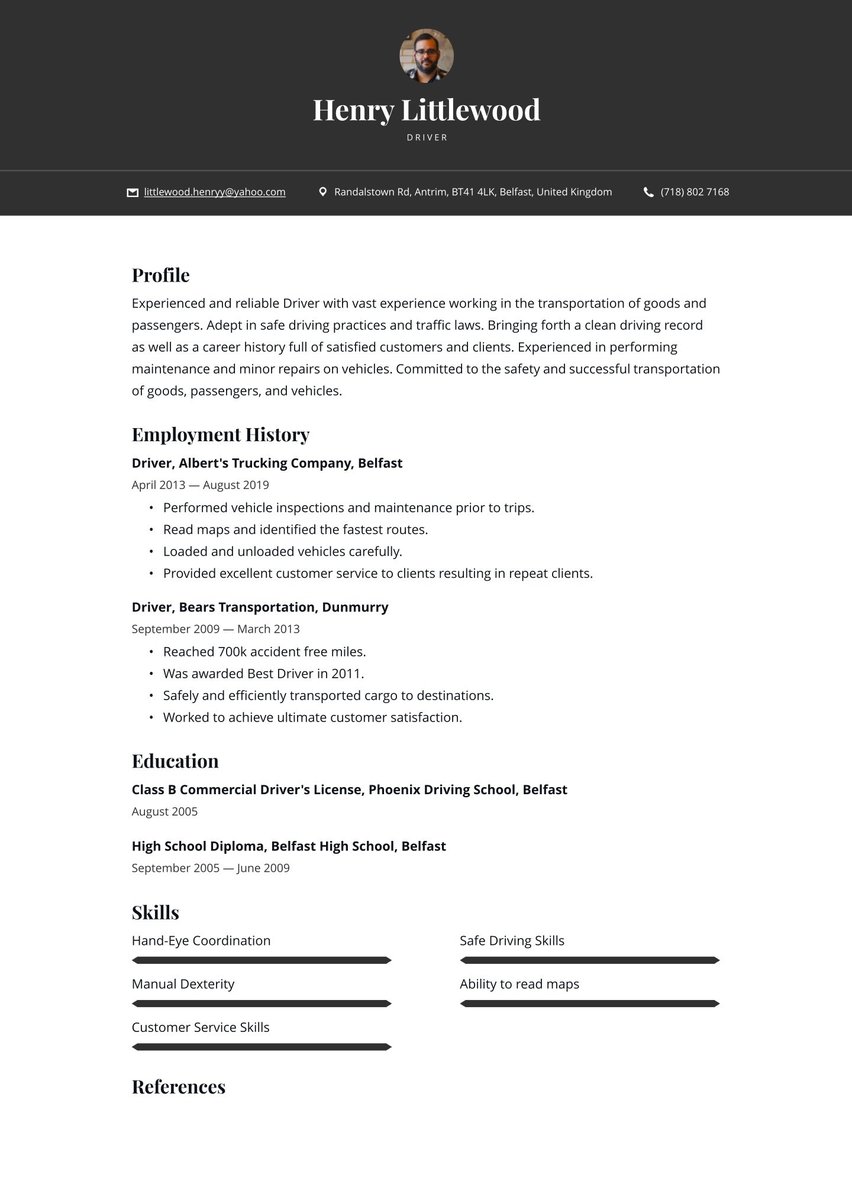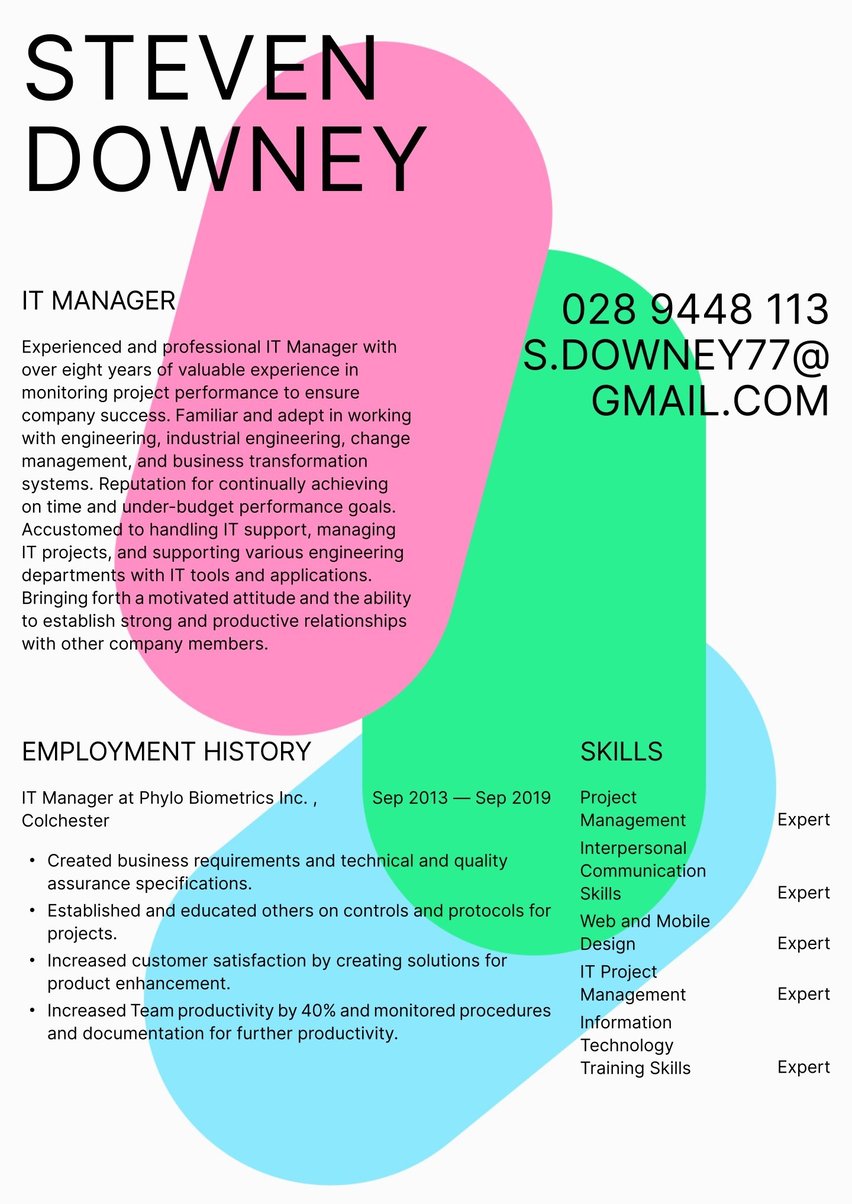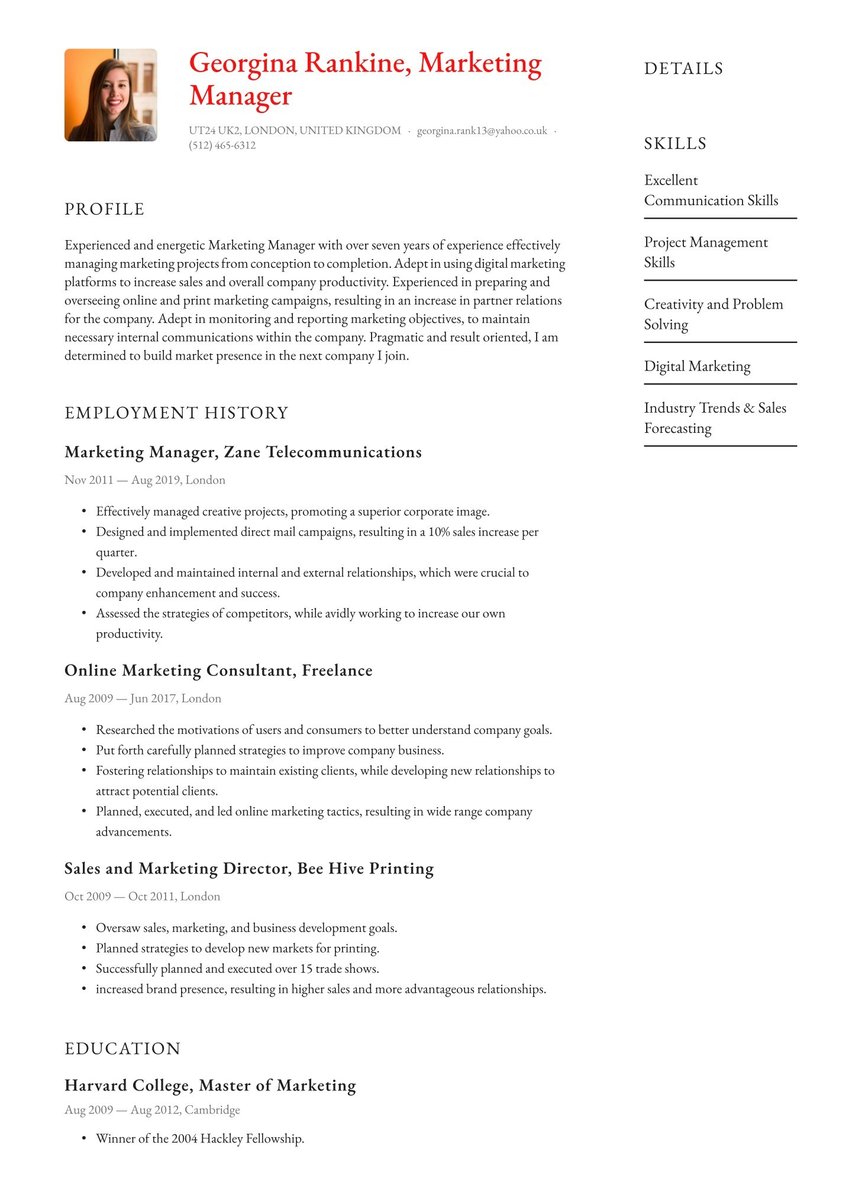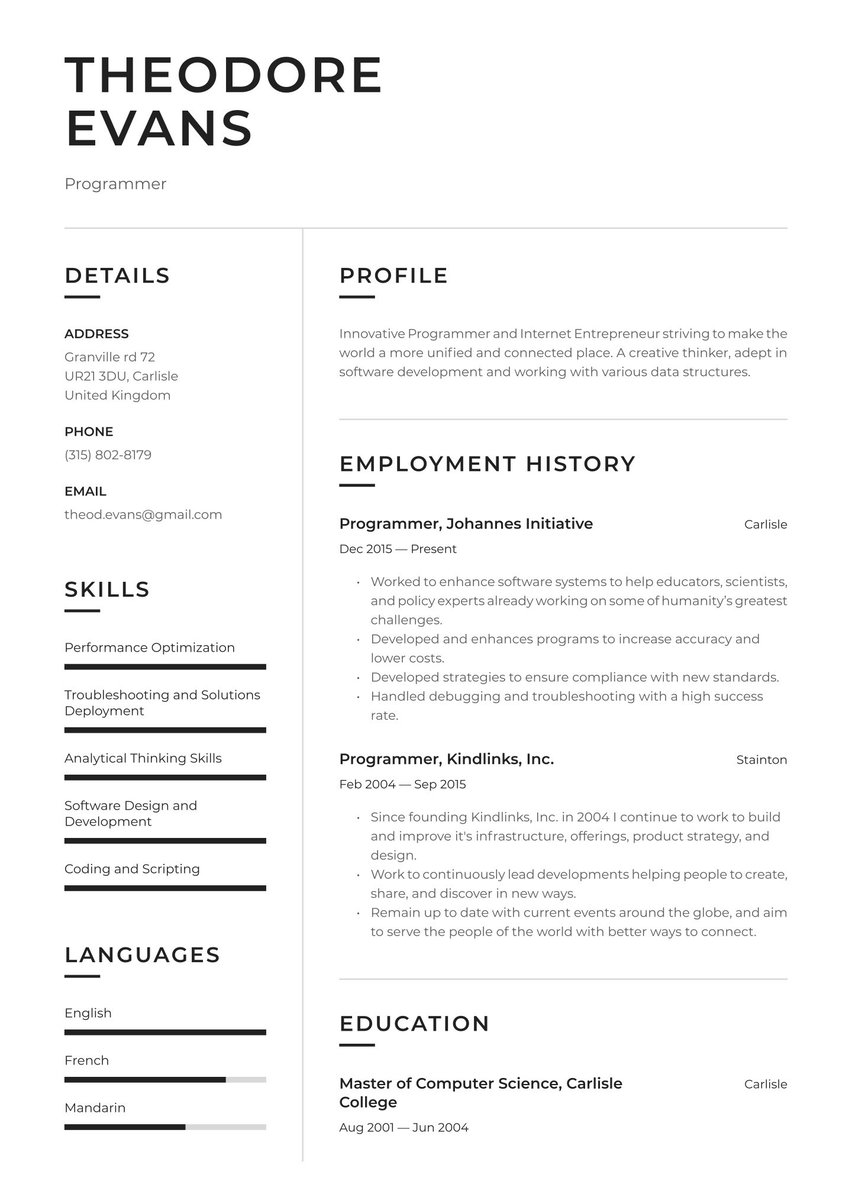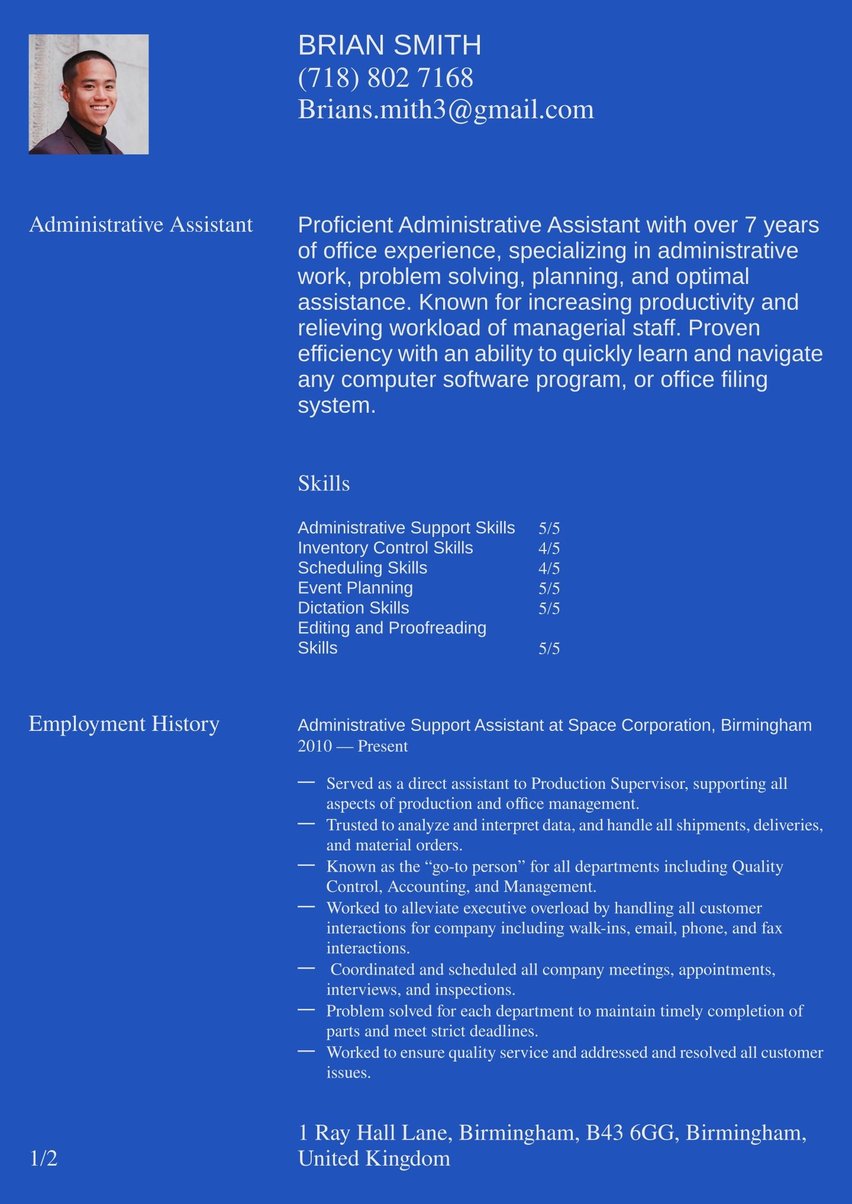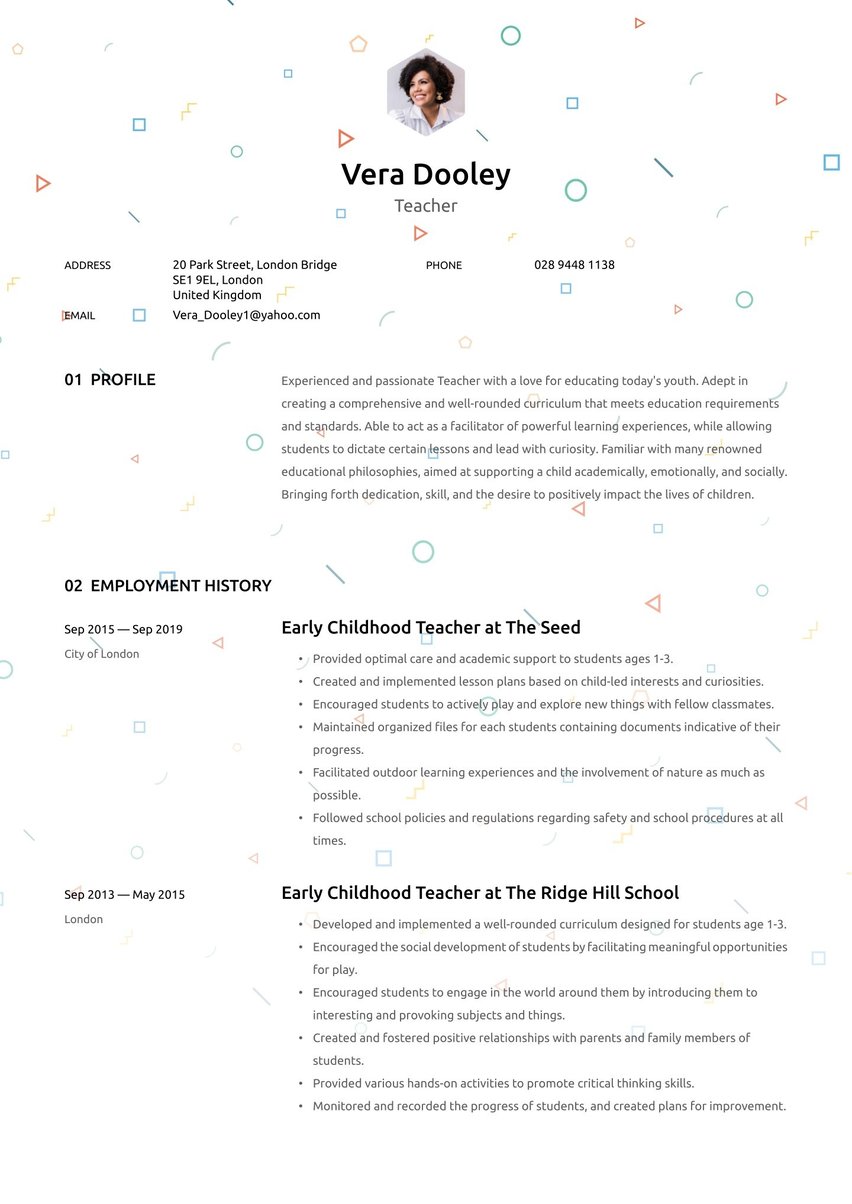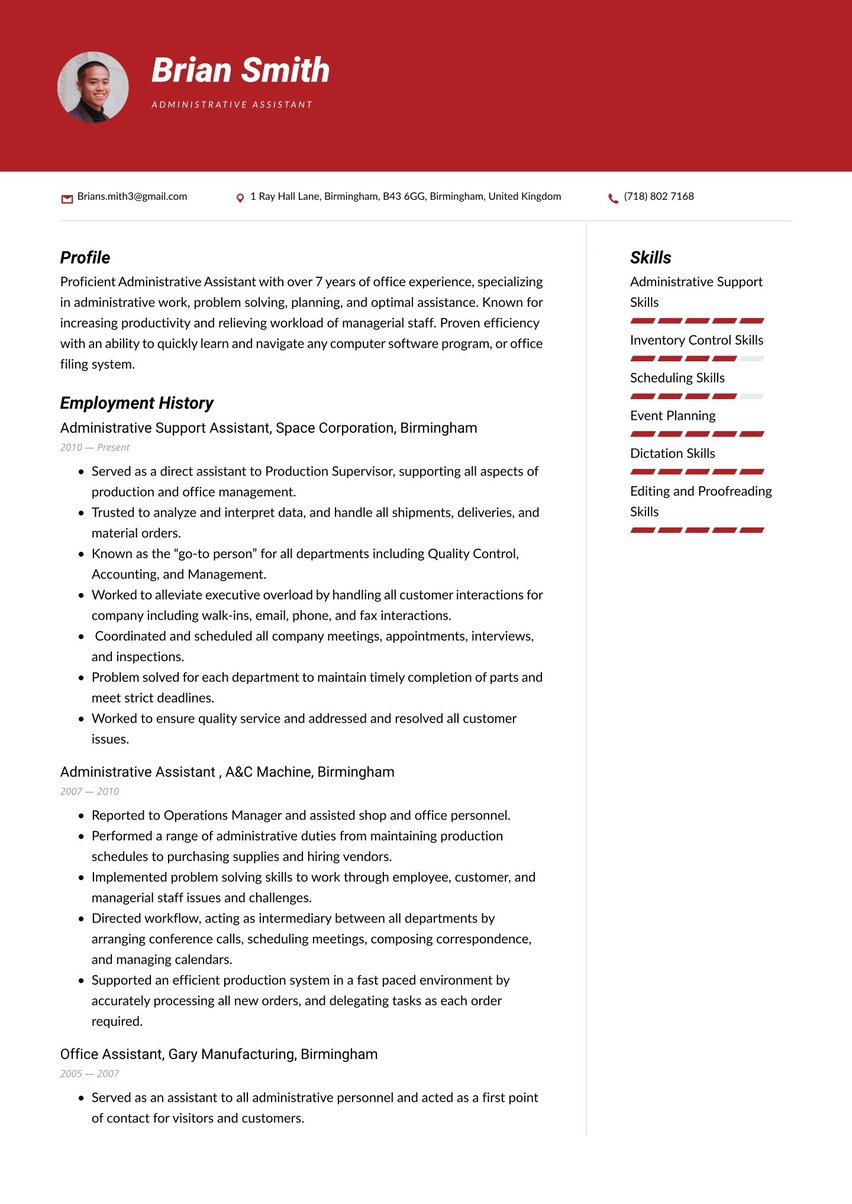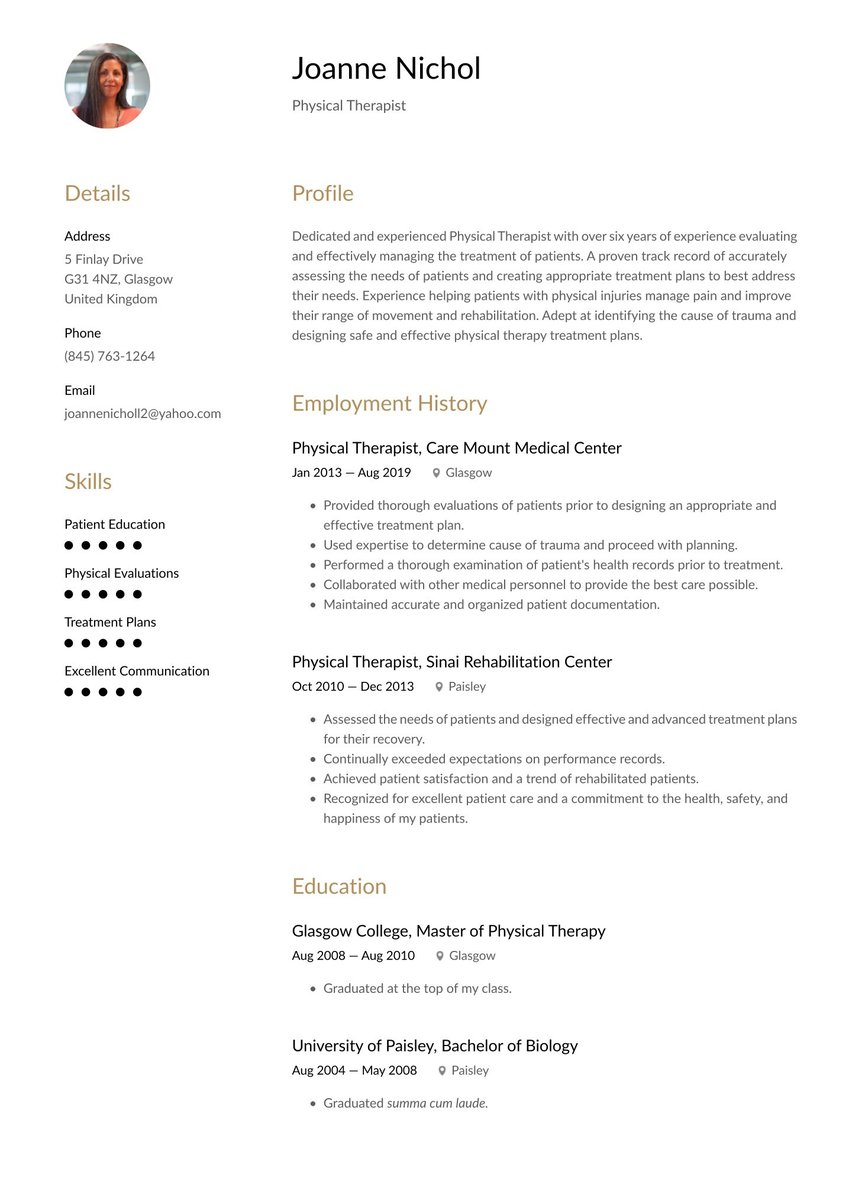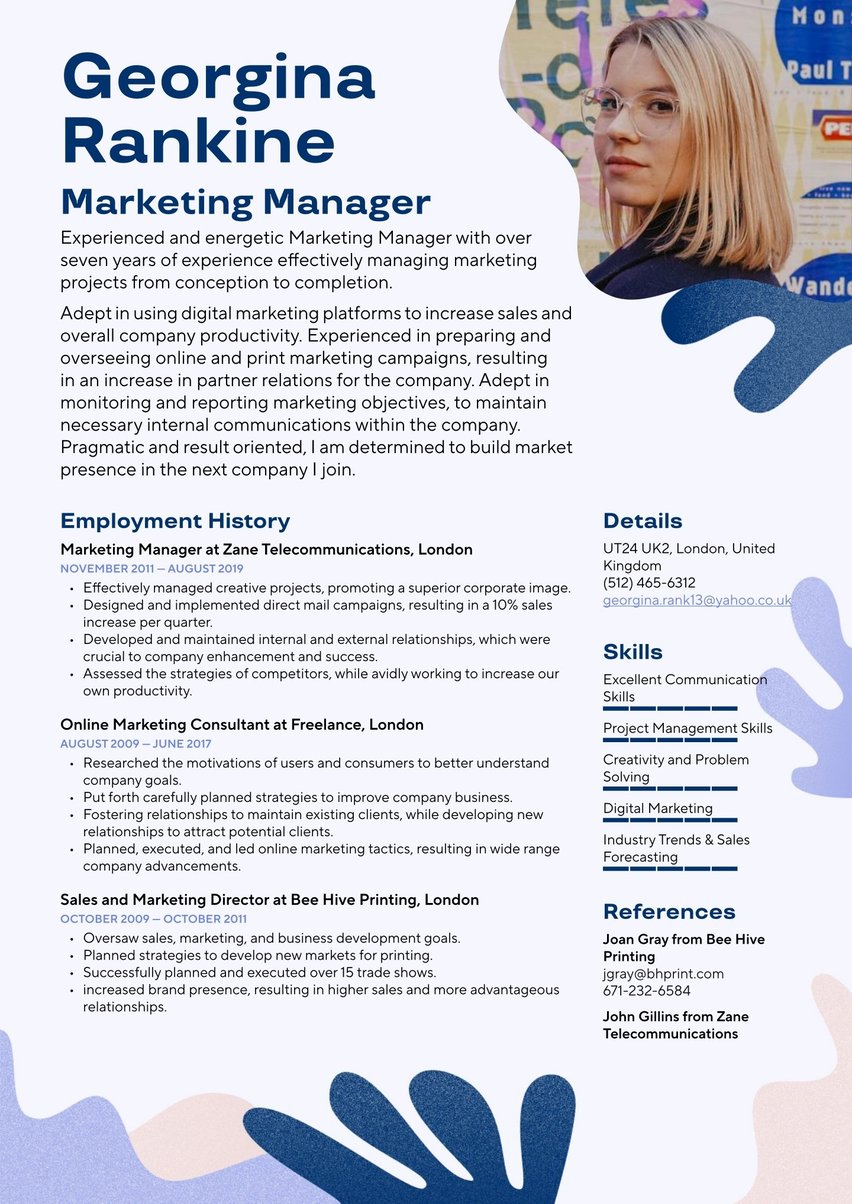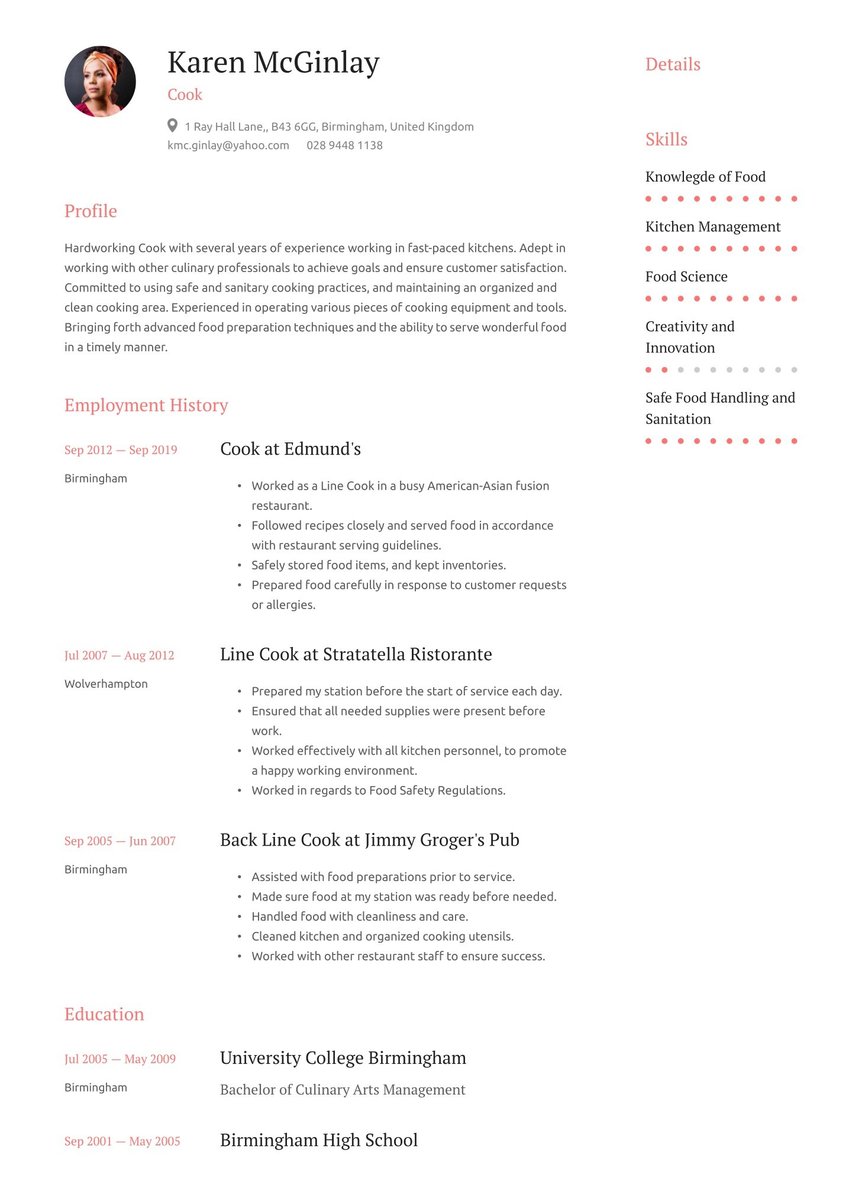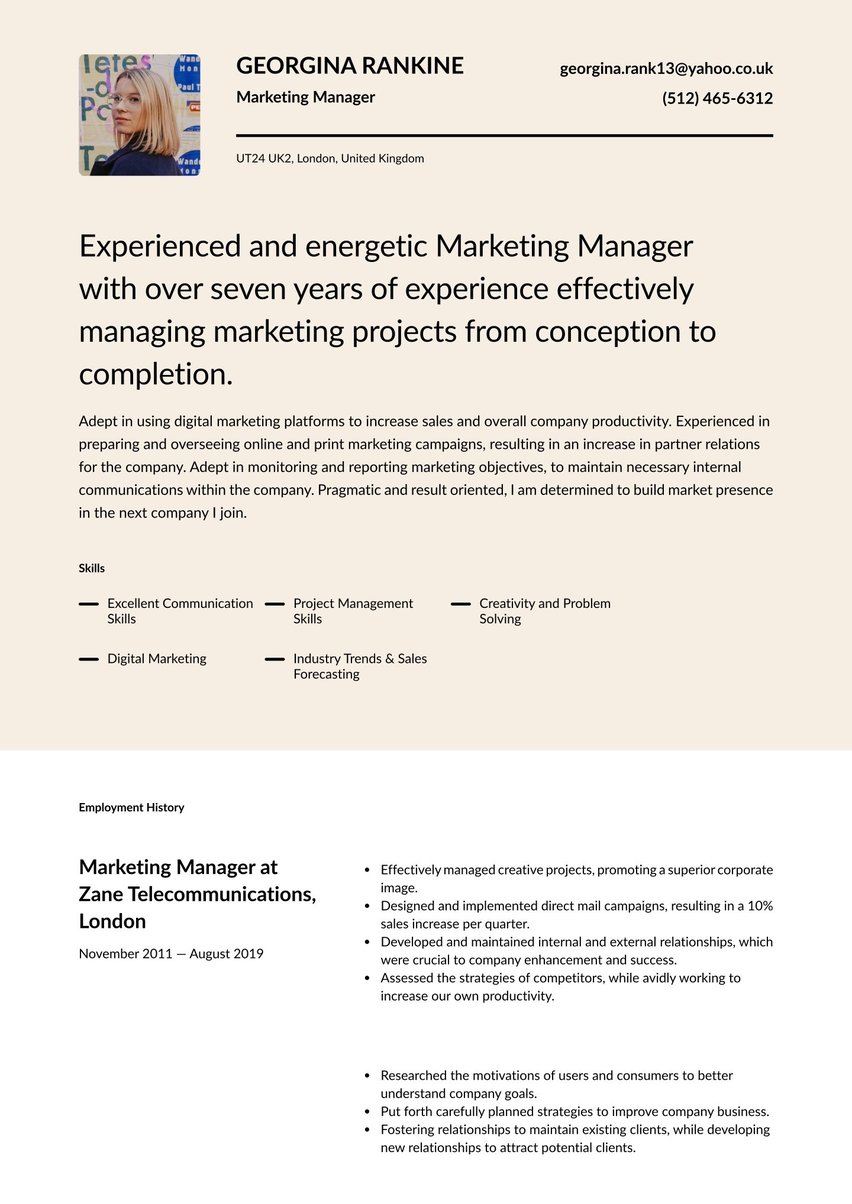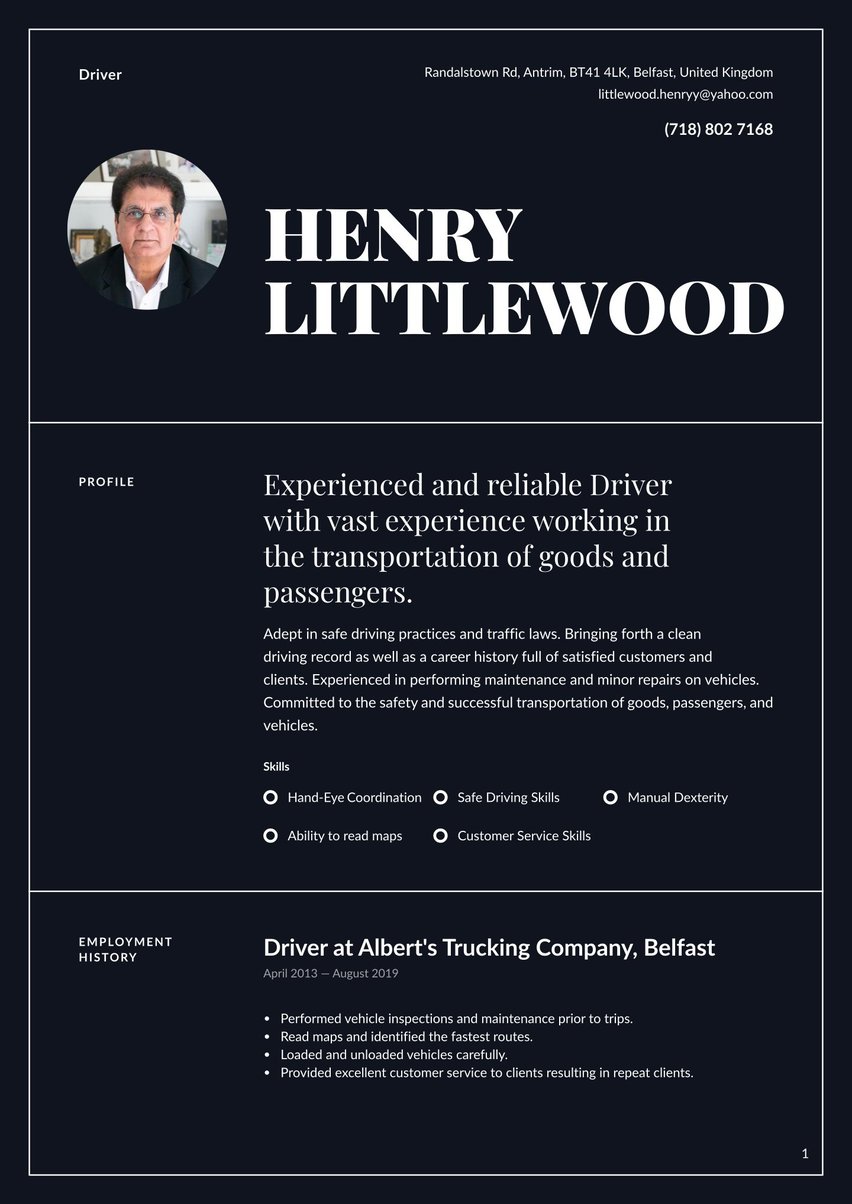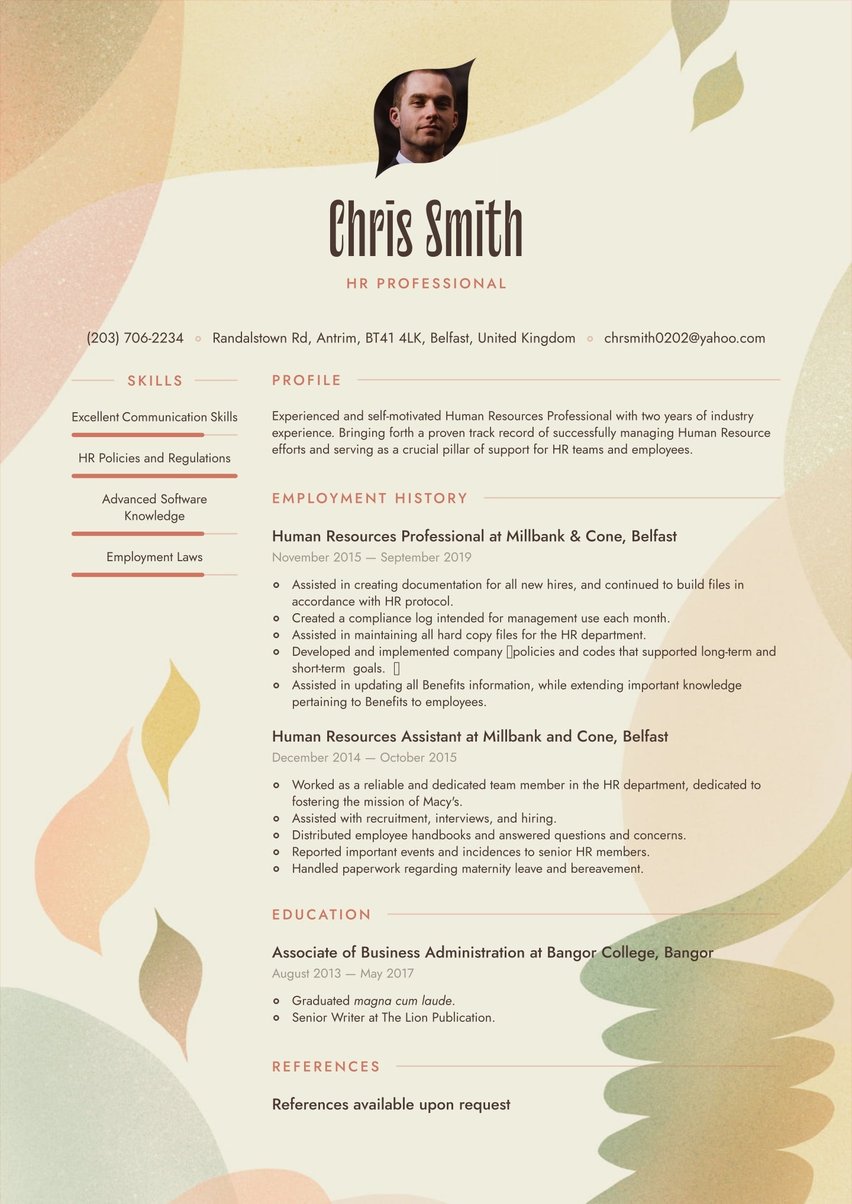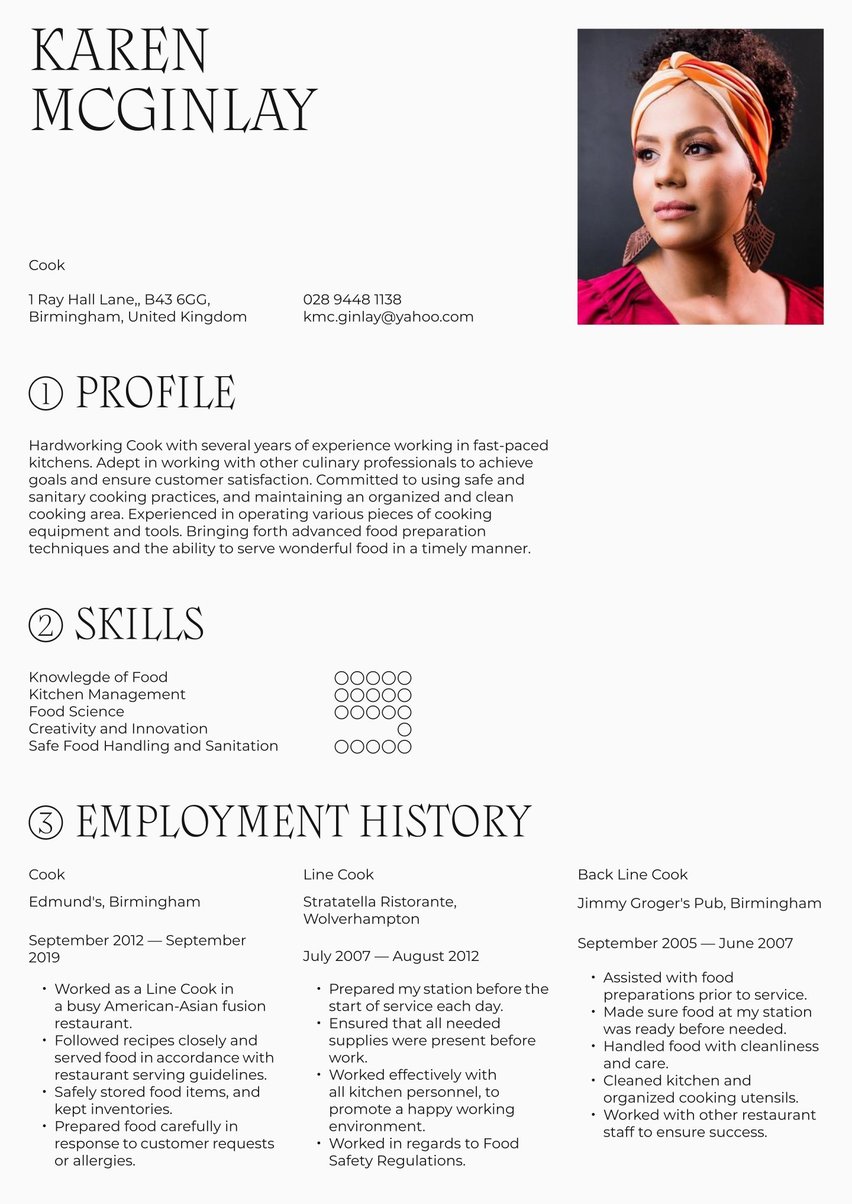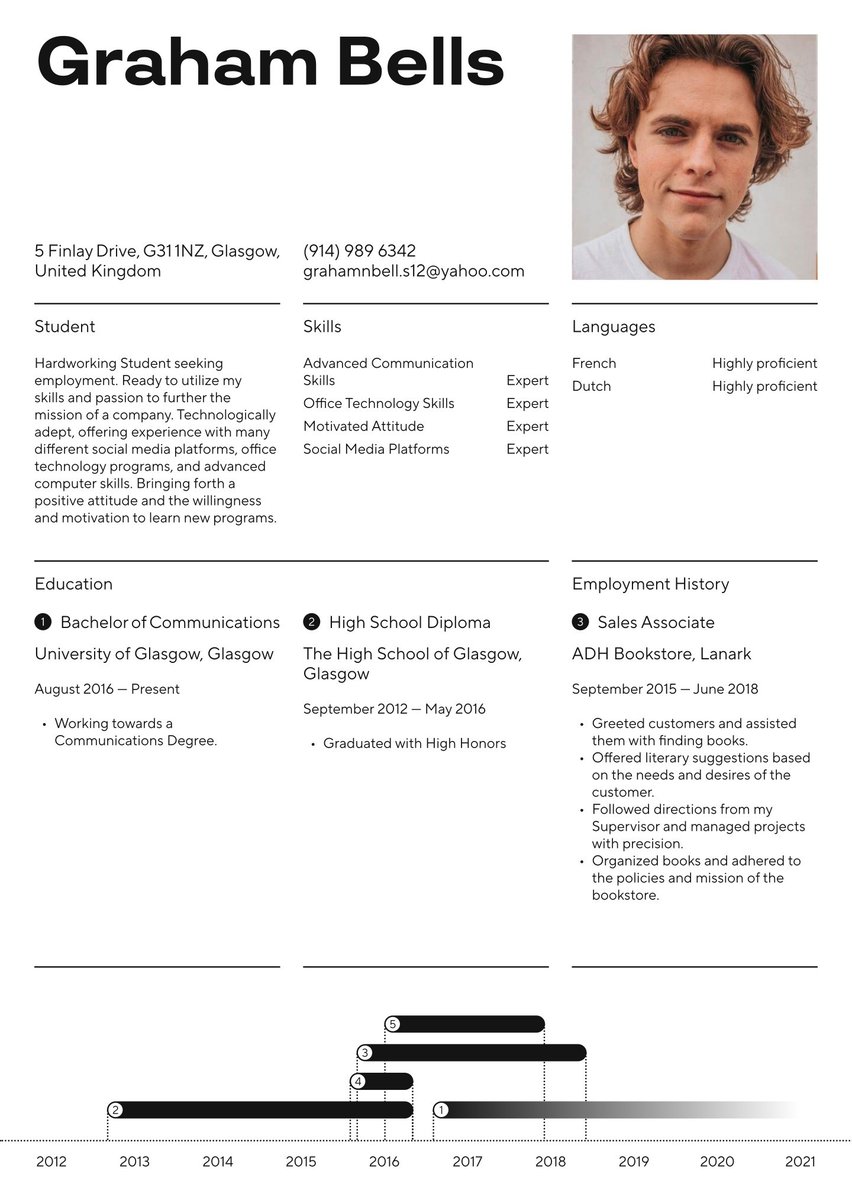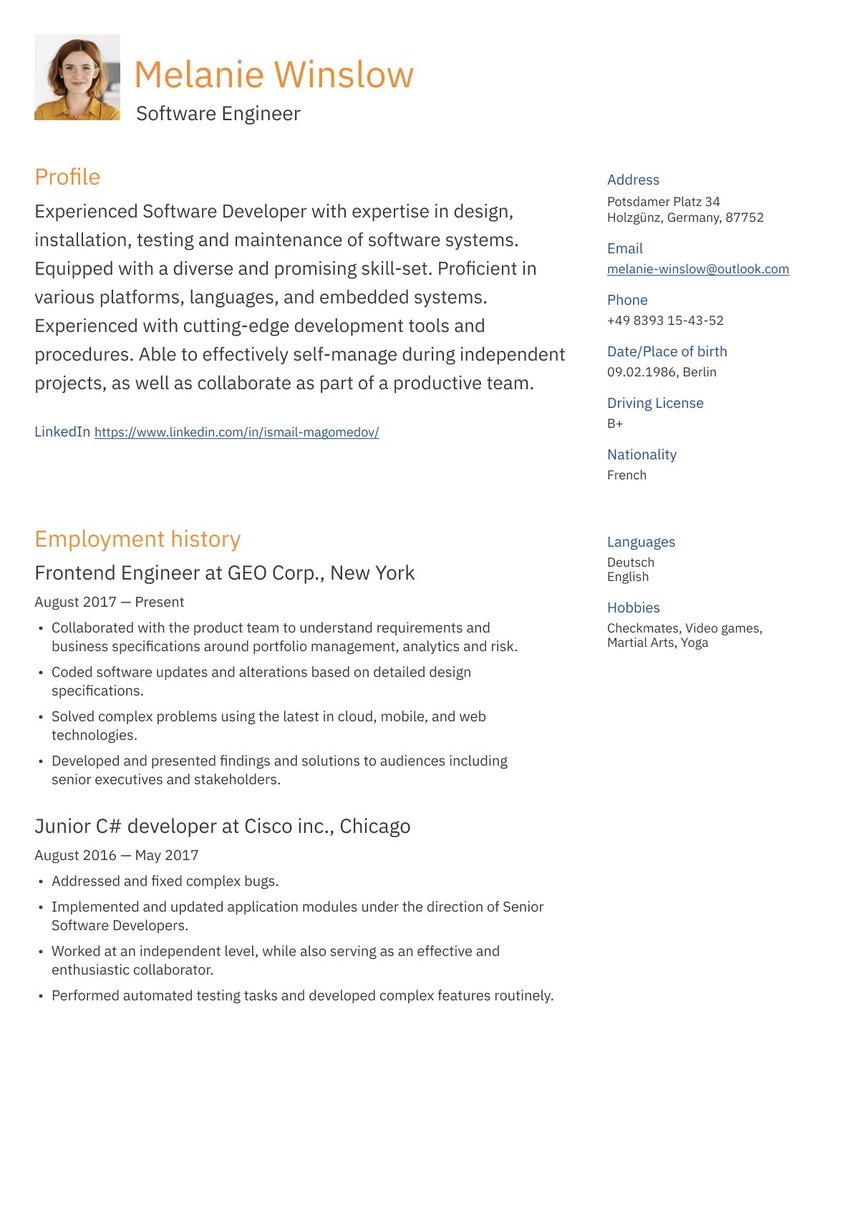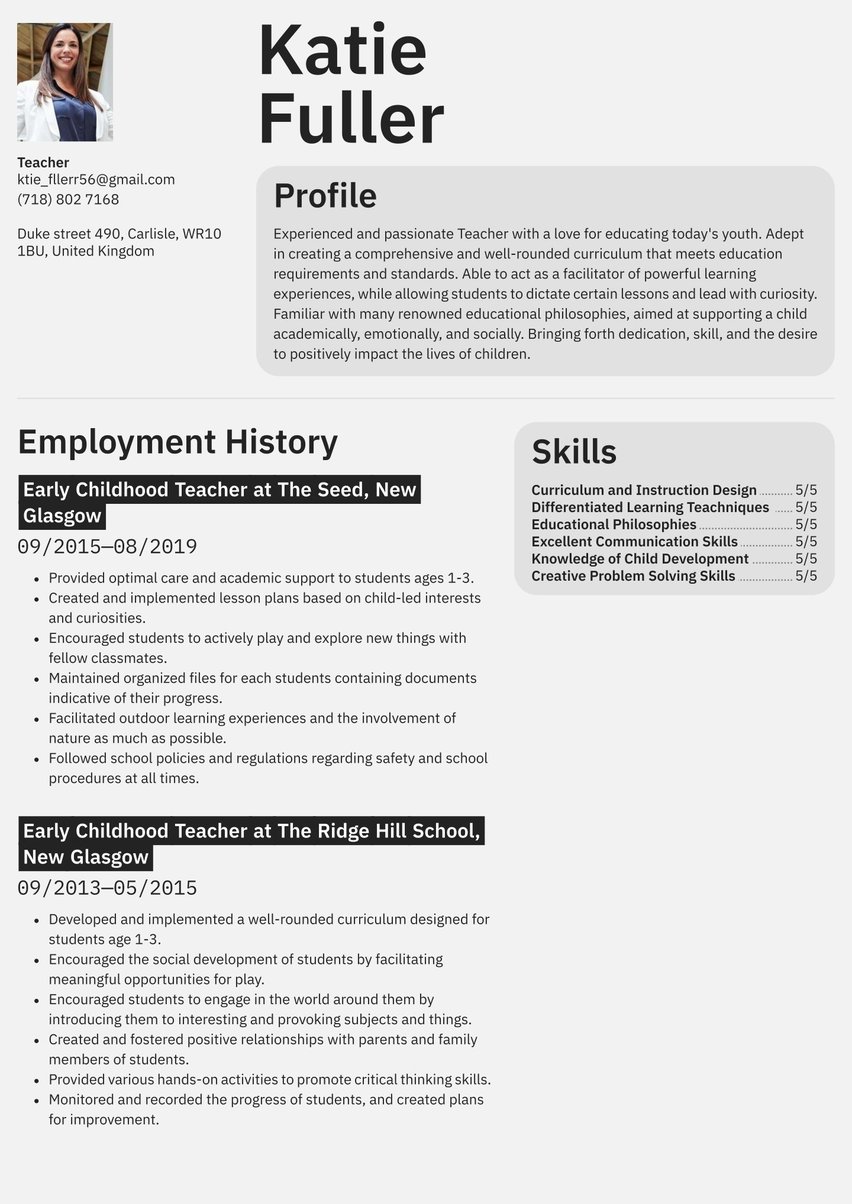Skilled and dedicated engineer with 8+ years of experience working on major civil construction projects. Substantial knowledge and experience with environmentally sustainable construction.
02/2020 - 11/2021, Civil Engineer, MC Engineers Ltd, Manchester
- Oversee rail team and work on major projects within Manchester, including the £2.9bn Transpennine Route Upgrade (TRU) project.
- Design and plan major structures according to client specifications and legal requirements.
- Exemplary record of project completion within or under budget (87%) and on schedule or earlier (79%).
- Attend regular meetings with clients and contractors to address concerns, questions and ideas.
12/2017 - 01/2020, Assistant Civil Engineer, McWorth's Construction Co., Manchester
- Assisted civil engineers with structure design on various projects, including the Northern Hub rail project and Manchester Metrolink.
- Commended for timeliness in creating reports and for promptly answering client and contractor queries.
- Supported seven civil engineers with budgets and timescales.
- Visited sites to check on project progress and to discuss concerns with contractors.
08/2016 - 09/2020, Civil Engineering BEng (Hons), University of Manchester, Manchester
- Graduates with honours.
- Achieved Student of the Month Award on four occasions.
- Interpersonal Communication Skills
- Principles and Practices of Engineering
- Problem Solver
- Analytical Thinking Skills
There are many different types of engineering, and where your career path leads will ultimately depend on your qualifications and interests.
When creating your engineering CV, it is vital that your experience and skills across to the hiring manager, as well as your desire to work in the position being sought.
CV guide for an engineering CV
With dozens of occupation-specific CV examples and writing guides, Resume.io is an expert resource for job seekers in every field and at every experience level. You can also check out our dedicated CV builder to help you along the way.
This CV writing guide, along with our engineering CV example, will cover:
- How to write an engineering CV
- Choosing the right CV format for engineering
- How to add your contact information
- Using summaries
- Adding your engineering experience
- Listing education and relevant experience
- Picking the right CV design/layout
- What the engineering market looks like, and what salary you can expect.
How to write an engineering CV
It is a good idea to plan your CV content before you put pen to paper. It should contain these five essential sections.
- CV header
- CV summary (aka profile or personal statement)
- Employment history section
- CV skills section
- Education section
Adding other CV sections, such as professional honours or hobbies, is optional. Only do so if you think this information is relevant to the role.
Within engineering, there are many areas you can choose to specialise in. For instance, a civil engineer might want to specialise in road or rail design. There is also the option of working within large or small organisations. No matter what, it is vital to tailor your CV to suit the role you are applying for. Hiring managers always want to be sure you have a desire to work in that position, for that specific employer.
These are the general guidelines to keep in mind when writing your CV:
- Understand the type of role and the company you are applying to make sure you tweak your CV for the target recruiter.
- Focus on the main elements of the role that are important and ensure these are reflected in your CV.
- Incorporate keywords to avoid rejection by an applicant tracking systems (ATS).
- Your CV should be easy to read and understand. It helps to plan the content carefully and divide into appropriate sections.
Optimise your CV for the ATS
It's crucial to ensure your CV contains very specific language — notably keywords — so there's less chance of rejection by the ATS that many employers have implemented to screen online job applications.
Closely scrutinise the advertised job listing to determine the most likely keywords and try to include them verbatim in your CV where appropriate.
For example, an engineering job description may say:
- "Bachelor's degree in engineering"
- "5+ years of experience"
- "Ability to use CAE (Computer-Aided Engineering) Software"
To make sure you are hitting the mark, your summary may read as follows:
"Dedicated engineer with 5+ years of experience and a bachelor's degree in engineering. Proficient in using CAE (Computer-Aided Engineering) Software including Abaqus and COMSOL Multiphysics. Keen attention to detail and strong communication skills."
Choosing the right CV format for engineering
There are three main types of CV formats: reverse chronological, functional and hybrid.
Reverse chronological is the most traditional format, centering around your professional experience in employee roles. This is the best choice for engineers since it allows you to highlight what you’ve learned and accomplished in each of your previous positions.
This guide will explain instances where alternative CV formats may be appropriate. You can also check out our CV templates to help you get the layout right.
To help you along the way, we have a selection of CV templates using the reverse chronological approach. Simply choose one that appeals and get to work.
Include your contact information
An attractive CV header is intended to catch the reader’s attention for positive reasons. In effect, it serves as a personal brand to distinguish your job application from those of other engineering job candidates. The impact is reinforced if your cover letter and CV headers have matching header designs.
Here's what you need to include:
- Name and job title. Kick things off by including your first name, surname, and the job for which you are applying.
- Email. Include a professional email address.
- Phone number. List a phone number where you can be reached.
- Address or location. You don't need to include your whole address if you don't want to. Instead, include your city and country.
- LinkedIn. If your LinkedIn page is up to date, include a link to it here.
Don't include:
- Personal details. The hiring manager doesn't need to know if you are married, for example.
- Your age. This can lead to age discrimination.
Brian McGowan
Manchester, United Kingdom
0161 247 2001
brianmcgowan@mail.com
Brian McGowan
Manchester, United Kingdom
0161 247 2001
Married with kids
brizzleman88@mail.com
Make use of a summary
Just as the first stage of an engineering project involves planning, the first section of your CV gives hiring managers a snapshot your skills and expertise.
The purpose of your CV summary — sometimes called the profile or personal statement — is to give them a great initial impression so they are keen to read more.
Focus on the significant aspects of your employment or education, depending on whether the target role is for recent graduates or more experienced engineers.
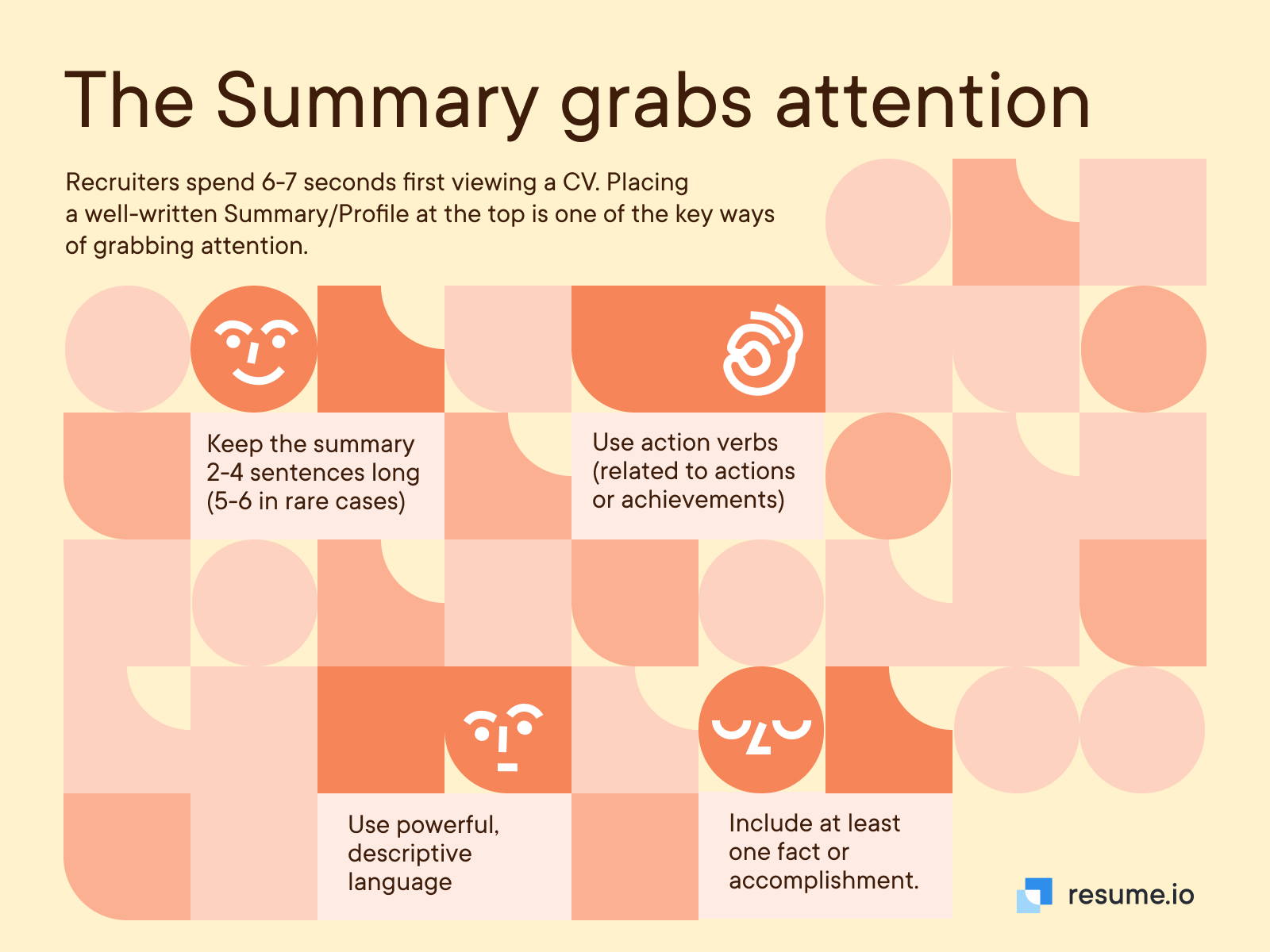
For more inspiration and ideas, check out these other CV examples and writing guides from our collection:
You can find adaptable car sales resume examples summary below:
Eager and driven engineering graduate. Adept in carefully diagnosing and assessing issues, and offering real viable solutions. Bringing forth an in-depth understanding of facility management and the ability to use AECOsim Building Designer software.
Skilled and driven engineer with 5+ years of experience working on civil construction projects, including rails and roads. Proficient in using AutoCAD Civil 3D and other software. Passionate about the creation of environmentally sustainable structures and focused on delivering the highest quality of work.
Experienced engineer with 8+ years of experience working on major civil construction projects. Substantial knowledge and experience with environmentally sustainable construction. Experience using ArcGIS and AutoCAD Civil 3D software. A strong leader with excellent communication skills and a commitment to teamwork.
Outline your engineering work experience
The employment history section is where you show hiring managers all the relevant experience that has led you to this point in your career. Using the chronological format discussed previously, start with your current or most recent job and then work back to the earliest.
Use bullet points to describe the key aspects of each role. Focus on accomplishments and beneficial contributions rather than merely listing responsibilities. Quantify the positive outcomes with facts and figures wherever you can.
Here are examples of what it means to merely list job duties:
- "Oversaw a team of workers"
- "Completed regular site visits"
- "Kept within budget"
If you want to really 'wow' the hiring manager, you need to take things a step further. You can do that by adding more detail and supporting evidence. For example:
- "Oversaw major rail projects within Manchester including the £2.9bn Transpennine Route Upgrade (TRU) project."
- "Visited 10 + sites to check on the progress of projects every week and liaised with contractors."
- "Made substantial budget cuts leading to 13% lower project cost without sacrificing quality."
Take a look at the engineering employment history CV sample below:
Civil Engineer at MC Engineers Ltd, Manchester
2020 - Present
- Oversee rail team and work on major projects within Manchester, including the £2.9bn Transpennine Route Upgrade (TRU) project.
- Design and plan major structures according to client specifications and legal requirements.
- Exemplary record of project completion within or under budget (87%) and on schedule or earlier (79%).
- Attend regular meetings with clients and contractors to address concerns, questions and ideas.
Assistant Civil Engineer at McWorth's Construction Co., Manchester
December 2017 - January 2020
- Assisted civil engineers with structure design on various projects, including the Northern Hub rail project and Manchester Metrolink.
- Commended for timeliness in creating reports and for promptly answering client and contractor queries.
- Supported seven civil engineers with budgets and timescales.
- Visited sites to check on project progress and to discuss concerns with contractors.
How to write an engineer CV with no experience
If you are just starting your engineering career, you can still write a CV that turns heads. The key here is to focus on your transferrable skills.
You may have picked these up during other roles, voluntary experiences, or whilst at school. For example, if you previously worked in retail, you will have learned how to manage your time, organise, and work as a team.
Since you lack direct experience, the weight of your CV will be in your education. Highlight the qualifications that you have plus any additional training you have undertaken, too.
Remember that every engineer has to start somewhere. Having no experience does not need to hold you back when it comes to writing a compelling CV.
Include the relevant key skills that make you a great engineer
Always think of your CV's skills section in terms of what you can bring to the job you are seeking.
Engineers are expected to have great technical abilities, and they are problem solvers with strong critical thinking skills. Use the advertised job requirements as your base for creating the skills section of your engineering CV and tailor it to suit.
Key hard skills include proficiency in CAD software, programming languages, simulation tools, and other engineering software. Soft skills may include communication, collaboration, time management, and organisation.
Check out the engineering CV skills sample below.
- Interpersonal Communication Skills
- Principles and Practices of Engineering
- Problem Solver
- Analytical Thinking Skills
Detail your education & relevant engineering certifications
Engineers are professionals who invariably require a degree to qualify for positions in their field. That’s what should appear first in your CV’s education section, again listed in reverse chronological order from highest to lowest level. Include the following:
- College education. For example, you may have a Level 3 Certificate in Engineering or a BTEC Level 3 National Diploma in Engineering, both of which are vocational college-level qualifications. Include your grade.
- Higher National Certificate. You can gain a HNC (Higher National Certificate) in Engineering at either a college or university.
- Degree. Include either your bachelor's or master's degree in engineering.
- Industry training. If you are a life-long learner, shout about it. Include any additional training, such as a certificate from the Continuing Professional Development (CPD).
Here is the education section from our engineering CV example.
Civil Engineering BEng (Hons), University of Manchester, Manchester
August 2016 - September 2020
- Graduates with honours.
- Achieved Student of the Month Award on four occasions.
Pick the right CV layout and design for an engineering CV
The design of your CV is almost as important as the wording. While you shouldn’t go over the top with colour or graphic imagery, a clean and professional-looking layout shows the hiring manager you are serious about the position.
Make sure to balance the amount of white space to text for ease of reading, notably with wide enough margins. Legibility should also guide your font choices. and create an attractive header to catch the reader’s attention.
Using a professionally-designed CV template is the easiest and fastest path to a well-designed and formatted document.
Engineering job market and outlook
Engineers are in high demand in the UK, and that uptrend is expected to continue. Additional pressure has come from the UK leaving the EU, and not being able to recruit talent from other European countries as easily as it was pre-Brexit. Satisfying the demand for engineers could bring an extra £27 billion in revenue into the UK economy.
If you are qualified in engineering, your outlook will be bright, as there will continue to be many vacancies in the sector. The demand for engineers is not confined to the UK. The job is also on the skills shortage list in many other countries, including Australia. If you want to travel, there are a wealth of opportunities for engineers.
With 6.9 million people working in engineering in the UK, it is one of the biggest employment sectors, accounting for 18% of total UK employment.
What type of salary can you expect in engineering
The future is bright for engineers. The average salary for an engineer in 2024 is £48,000 gross per year. That is 62% higher than the UK's national average salary.
Engineering CV, text only
Profile
Skilled and dedicated engineer with 8+ years of experience working on major civil construction projects. Substantial knowledge and experience with environmentally sustainable construction.
Employment history
Civil Engineer at MC Engineers Ltd, Manchester
2020 - Present
- Oversee rail team and work on major projects within Manchester, including the £2.9bn Transpennine Route Upgrade (TRU) project.
- Design and plan major structures according to client specifications and legal requirements.
- Exemplary record of project completion within or under budget (87%) and on schedule or earlier (79%).
- Attend regular meetings with clients and contractors to address concerns, questions and ideas.
Assistant Civil Engineer at McWorth's Construction Co., Manchester
December 2017 - January 2020
- Assisted civil engineers with structure design on various projects, including the Northern Hub rail project and Manchester Metrolink.
- Commended for timeliness in creating reports and for promptly answering client and contractor queries.
- Supported seven civil engineers with budgets and timescales.
- Visited sites to check on project progress and to discuss concerns with contractors.
Skills
- Interpersonal Communication Skills
- Principles and Practices of Engineering
- Problem Solver
- Analytical Thinking Skills
Education
Civil Engineering BEng (Hons), University of Manchester, Manchester
August 2016 - September 2020
- Graduates with honours.
- Achieved Student of the Month Award on four occasions.
Key takeaways for an engineering CV
Ready to get started? Be clear about how closely your career goals and qualifications match the target engineering job requirements. Tailor your CV to suit the role and make sure the hiring manager is left with no doubt about your value as an engineer.
Check out our engineering CV sample for more ideas on creating an eye-catching page layout and design. Get started now by using our CV builder tool.


